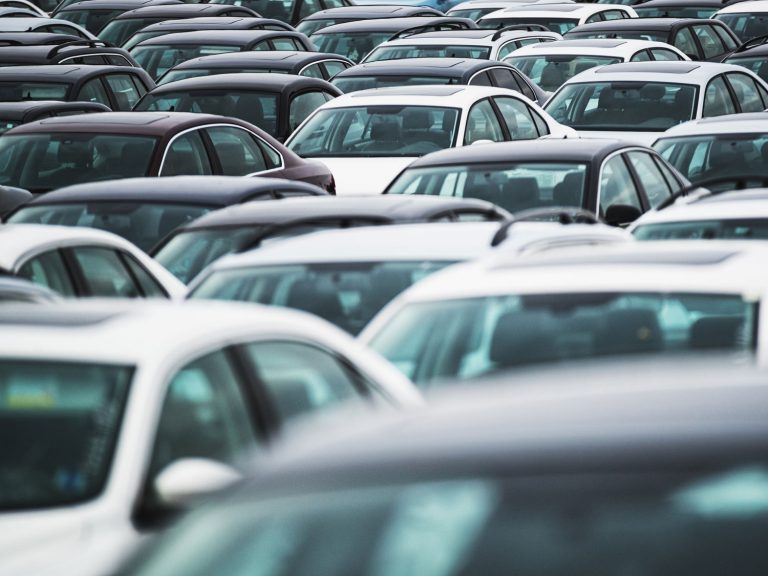
Date:
Chinese carmakers look to container shipping for a reliable logistics solution
The global shortage of RoRo (roll on – roll off if you have ever wondered) capacity for finished vehicle shipments has intensified over the last two quarters, encouraging an increasing number of car manufacturers to look for control of vessel assets, while many others look to container shipping solutions.
Global automotive exports have surged over the last two years, yet the number of RoRo car vessels owned by the five main global carriers has not increased, with shipping costs skyrocketing and any available capacity taken by a limited number of big volume customers including FMC, Toyota, Stellantis, VAG etc.
The lack of RoRo vessels is stretching an auto supply chain already worn thin by a scarcity of semiconductors, pandemic-related labour shortages and months of port congestion intensified by China’s COVID-19 lockdowns.
Daily charter rates for RoRo vessels that can carry up to 6,500 cars have risen to ten times the 2020 levels and are the highest on record since 2000, it has been reported in the global trade press.
Six months ago a flurry of RoRo vessel orders took the car carrier order book to 77 vessels (which equated to about 10% of the global car carrier fleet), but with these vessels due for delivery from 2024 onwards, they will do nothing to alleviate the current situation, which is fuelling a fresh round of RoRo construction orders, that are still unlikely to fill the vessel shortfall, which could be as much as 100 by 2024. In short, demand is outstripping supply significantly in this sector.
Two of China’s biggest car manufacturers are so determined to ensure that their cars get to their customers that they have ordered their own ships.
BYD, which make electric and hybrid cars, is ordering at least six ships with the capacity to carry 7,700 cars, while state-owned SAIC Motor Corp is tendering for seven new carriers that can each hold 8,900 vehicles.
BYD and SAIC aren’t the first car brands to run their own shipping fleets. Toyota owns shipping company Toyofuji Shipping Co., while Hyundai has logistics group Hyundai Glovis Co., and Volkswagen charters its own vessels.
Rival Chinese carmakers Chery International and JAC hope to secure RoRo capacity in a joint venture with Anhui Provincial Port and Shipping Group, which will also be engaged in international container shipping.
China recently overtook Germany as the world’s second-largest auto exporter, sending almost 2.6 million vehicles abroad in the first 10 months of 2022, but the vessels ordered by BYD and SAIC will not be delivered for several years, so it’s a bold bet on lasting global consumer demand for Chinese cars.
Tesla CEO, Elon Musk, said. “Whether we like it or not, there just aren’t enough transportation objects to move cars around.”
Global RoRo vessel capacity was tight in 2022 and that tightness is expected to continue.
With only 11 vessels expected for delivery in 2023 and China planning to export 2.3m units to Europe this year, the RoRo capacity currently expected will only serve half of that number.
But with container shipping rates slumping, there is a massive opportunity for shippers of finished vehicles to move units on dependable and regular services – without volume constraints – at relatively low cost.
There is a similar situation occurring with overland transportation around the world for vehicles. Car transporters and low-loaders are in heavy demand. With the electrification of vehicles and still a very bullish demand on new vehicles, whether with a combustion engine, EV propulsion or any other ‘new’ fuel there will continue to be pressure on supply chains for finished vehicles from cars to tractors to lorries over coming years. We continually are designing, creating and introducing new platforms to ensure that we can assist our customers in the traditional RoRo sector with alternatives that can deliver. Quite literally.
Metro has specialised in the automotive, construction and agricultural vehicle sectors for over five decades. Working with many of the most respected and established global brands, our specialist teams coordinate the end to end movement of vehicles and machinery around the world, regardless of origin or destination. With lots of added value through transparency and other imaginative solutions that fit their needs.
Long-standing partnerships and volume agreements with the leading container shipping lines means we can offer the widest choice of services, routes and solutions for finished car and KDV movements.
To learn more, or to discuss our automotive capability, EMAIL Matt Weight. He has most of the answers – and should he not, he will design a solution that works in the current environment with his team.
